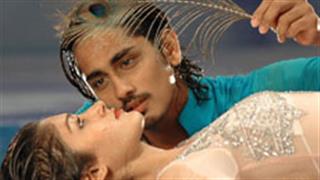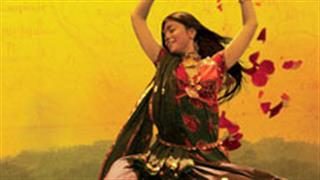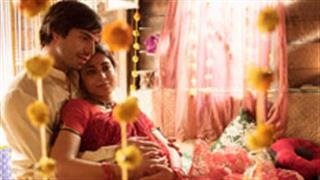I'm happy that so many people who have seen the film have felt that it did justice to the original. Various Indian writers have seen it already, including Anita Desai, Kiran Desai, Suketu Mehta, and I've been much heartened by their approval.
Which of the actors in Midnight's Children, in your opinion, have nailed their characters most effectively?
We are incredibly lucky in our cast. The performances throughout the film are outstanding and it would be hard to pick out one or two names. But if you twist my arm, I would say that Seema Biswas as Mary Pereira is simply incredible.
How closely were you associated with the making the film? Would you be tempted to direct your film at some point in the future?
Well, I wrote the screenplay and did the narration, and was regularly involved in the editing process. I wanted to roll up my sleeves and work during the film, and I did. We all did. And I learned a great deal. Don't know about directing. I might leave that to Deepa.
Mr Rushdie, you recently published your memoirs which, as expected, became hugely controversial. Do you feel that your reputation almost invariably precedes your works?
I am happy with the reception of Joseph Anton which has been overwhelmingly positive. There will always be some negative voices. I don't think much about that kind of thing. I try to do the best work I can and offer it to my readers and on this occasion the readers' response has been very gratifying.

Mr Rushdie, Midnight's Children (MC) is actually the first adaptation of your book to cinema. Do you consider your books 'unfilmable'? If so, how did the impossible become possible in MC?
Nothing is unfilmable. Good films have been made of Anna Karenina, Ulysses, The Tin Drum, even the works of Proust. It's just a question of finding the way, and that's what we tried to do. There's no magic trick, just hard work.
Deepa Mehta and you are friends. Did you trust her with the film adaptation because of your friendship or were you impressed by her earlier films?
Yes, I admired her earlier films deeply, most particularly Fire and Water. Also I rapidly found that we had very similar instincts about how to approach this project. We were not pulling in different directions, but trying to make the same film, and our friendship grew much deeper as the work progressed.
India is today at a critical crossroad. The young have awakened to the need for a socio-political reform. How do you view the current happenings in the country?

That's a big question. Like everyone else I have been horrified by the brutal assault in Delhi, and by the many, many other assaults for which this has become a symbol. I hope it does lead to permanent changes not only in the law but also in certain outmoded societal ideas which create the climate in which such assaults can occur.
Mr Rushdie, who according to you are the promising upcoming literary figures from India?
Rana Dasgupta, Jeet Thayil, so many more. I greatly liked Nilanjana Roy's 'cat novel', The Wildings.
Do you think the symbiotic relationship between cinema and literature has been effectively tapped in Midnight's Children?
I think this really is for audiences to say.

Finally, Sir, do you watch Hindi films? Who are your favourite actors and which are your favourite Indian films in recent times?
I'm not really up to speed in the Hindi cinema, I'm sorry to say. But I'm glad that some years ago Aamir Khan showed me Taare Zameen Par. I liked it very much. That's where I first saw Darsheel Safary who went on to play young Saleem in Midnight's Children.


















